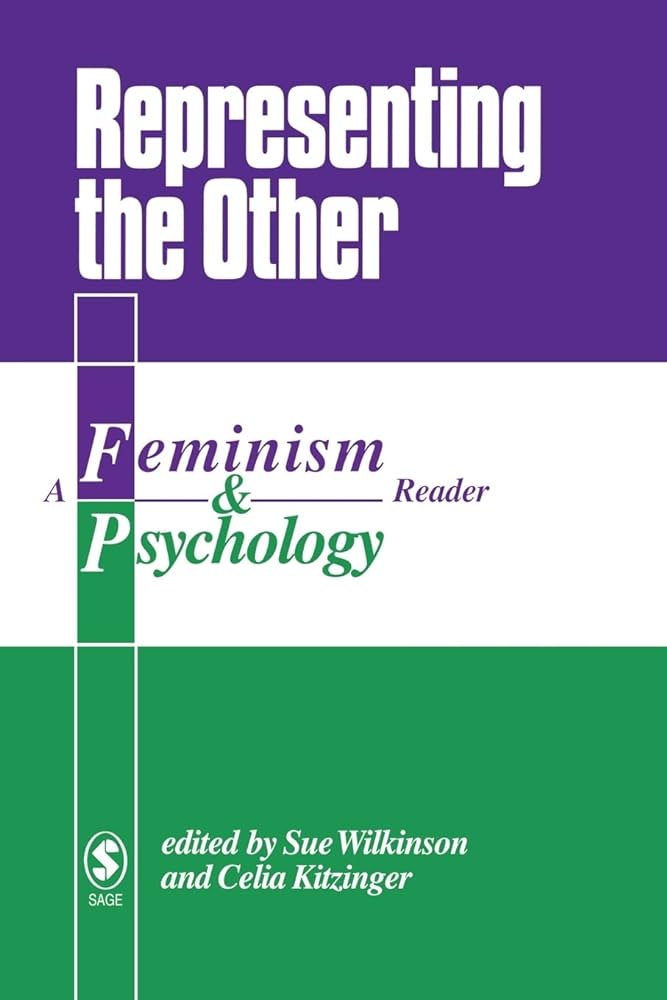From ignorance to knowledge: Sexual consent and queer stories
IF 2.2
3区 心理学
Q2 PSYCHOLOGY, MULTIDISCIPLINARY
引用次数: 8
Abstract
The problem of sexual assault has received increasing public attention over the last few years, with an increasing focus on the concept of sexual consent to solve the problem. Education efforts focus on teaching people what consent is and how to explicitly communicate about sex, constructing consent as a knowledge problem. Using the stories of queer adults, this study calls for the development of an epistemology of sexual consent. I argue that the current research and scholarship fail to recognise existing knowledge about sexual consent, relegating sexual consent to an epistemology of ignorance. Queer participants in this study demonstrated sophisticated knowledge of sexual consent through their talk on the role of verbal consent cues and articulating how they “tune in” to their partners during sex. Within their talk, verbal consent was sometimes viewed as essential to consent, while at times was not necessary, and at other times was not enough to understand a partner's sexual consent. Importantly, they described deep knowledge about partners’ comfort, discomfort or hesitation through “tuning in”. Developing an epistemology of sexual consent requires recognising and valuing what participants tell us about what they know about their partners’ willingness to engage in sex.从无知到知识:性同意和酷儿故事
在过去的几年里,性侵犯问题受到了越来越多的公众关注,人们越来越关注性同意的概念来解决这个问题。教育工作的重点是教人们什么是同意,以及如何明确地就性进行交流,将同意构建为一个知识问题。利用酷儿成人的故事,这项研究呼吁发展性同意的认识论。我认为,目前的研究和学术未能认识到关于性同意的现有知识,将性同意降级为无知的认识论。在这项研究中,酷儿参与者通过他们关于口头同意暗示的作用的谈话,以及他们在性行为中如何“调谐”到他们的伴侣,展示了性同意的复杂知识。在他们的谈话中,口头同意有时被视为同意的必要条件,而有时则不是必要条件,有时还不足以理解伴侣的性同意。重要的是,他们通过“调谐”描述了对伴侣的舒适、不适或犹豫的深刻了解。发展性同意的认识论需要承认和重视参与者告诉我们的他们对伴侣是否愿意进行性行为的了解。
本文章由计算机程序翻译,如有差异,请以英文原文为准。
求助全文
约1分钟内获得全文
求助全文
来源期刊

Feminism & Psychology
Multiple-
CiteScore
3.30
自引率
11.10%
发文量
51
期刊介绍:
Feminism & Psychology provides a forum for debate at the interface between feminism and psychology. The journal"s principal aim is to foster the development of feminist theory and practice in – and beyond – psychology. It publishes high-quality original research, theoretical articles, and commentaries. We are interested in pieces that provide insights into the gendered reality of everyday lives, especially in relation to women and girls, as well as pieces that address broader theoretical issues. Feminism & Psychology seeks to publish work from scholars, researchers, activists and practitioners at all stages of their careers who share a feminist analysis of the overlapping domains of gender and psychology.
 求助内容:
求助内容: 应助结果提醒方式:
应助结果提醒方式:


